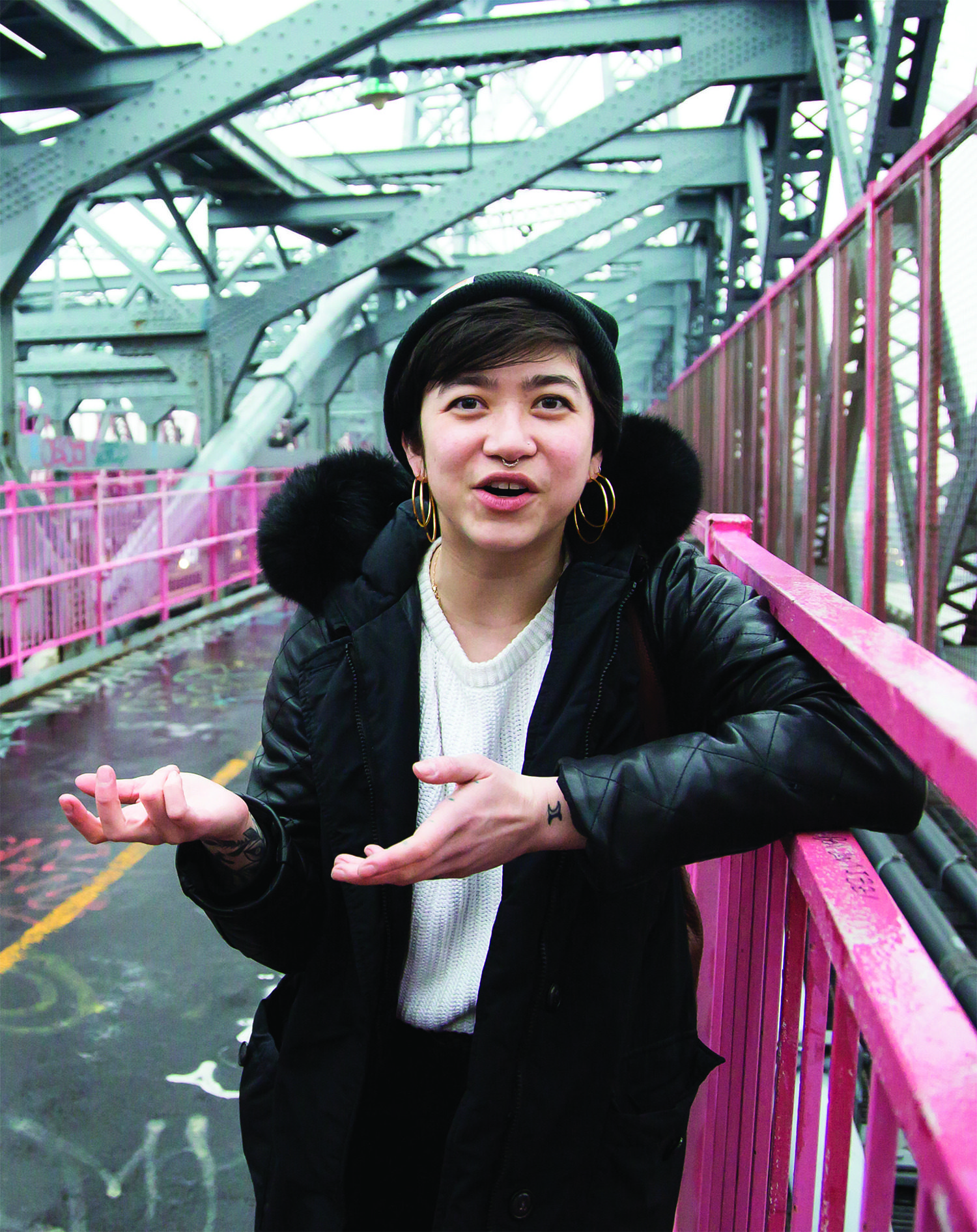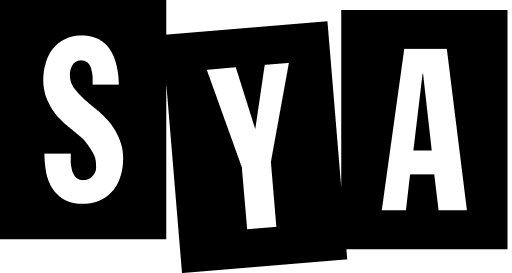
photo by Elizabeth Rudge
The first time I shared my abortion story with a friend, it was with my best friend from high school. We were always in some sort of delayed synchronicity with each other, my major life events happening a few months after hers, as though I were following her just a few steps behind. Our abortions were a continuation of that pattern. Because of her, I knew which clinic to look up, and to ask them for a student discount, and that it would feel like the worst menstrual cramps ever, and that the hormonal changes might make me depressed—that everything I was feeling was normal, and that it was totally okay that I never had second thoughts, and that maybe I should get an IUD like she did afterward. She showed me the ropes, as she had so many times before.
The first time I shared my story with a group, it was an accident and I was unprepared. It was the beginning of my senior year of college and I was in a printmaking critique with a dozen male peers and a male professor approaching 70 years old. The work I’d made represented my abortion story. My work wasn’t great and I was not great at explaining it. In trying to do so, my story just spilled out—one long sentence that took me maybe 15 seconds to say. My voice shook with sobs, I coughed and choked on that sentence until I spat it out, and then I just kept crying. It was uncomfortable for everyone who was there. My takeaway from that humiliation was simple: I would figure out how to share my story on my terms, through trial and error. I would learn how to discuss something that was still raw. I would learn to control my own narrative.
The first time I shared my story with a journalist, it was in the apartment I moved into after college. It was an illegal loft that vaguely resembled the set of Swiss Family Robinson, which housed up to a dozen punks at a time, depending on the number of transient friends sleeping on our couches and floors. I honestly don’t remember much about the interview, but the journalist took my photograph, and I was one of several people featured in the article, which was published by Reuters. That was that. A few years later, a friend texted me a screenshot of an article in The Atlantic titled “A New Study Says Abortion Doesn’t Harm Mental Health,” which was accompanied by that same photo of me. I didn’t mind; it was kind of funny.
The first time I shared my story with a crowd of strangers was on January 22, 2016, which was the 43rd anniversary of Roe v. Wade. I’d met two women in a secret feminist Facebook group, and we’d responded to a public call for action from a woman named Amelia Bonow, who had cofounded a social media movement called #ShoutYourAbortion. SYA was calling for people in every city across America to intentionally talk about abortion on the anniversary of Roe v. Wade, publicly, privately, in whatever way worked for them. That day, the three of us held a fundraiser for the New York Abortion Access Fund that was also a release party for our first Shout Your Abortion Brooklyn zine. I wore a shirt I’d made that had a big banner on the front proclaiming: “i had an abortion.” There was music and food and drinks and a raffle, and way more people showed up than we expected. Ten or so people shared their abortion stories, we went through several boxes of tissues, and I got a little drunk to cope with my anxiety. I realized that it was the first time I had ever helped create a forum for other people to share their own stories about abortion, not just myself, and I went home feeling like we’d done something really beautiful and empowering.
In between and after these firsts, I’ve shared my story as an unremarkable few words in conversation among friends, as a crass joke here and there with the right people, and as a photocopied zine that’s made its way around the world. It has long since ceased to feel like a burden within a conversation—if anything, my openness has served as an invitation for friends and acquaintances to share their stories with me or to ask me where they can get an abortion or if what they’re feeling afterward is okay. It’s an extended conversation that started with my best friend from high school, who never thought abortion was a big deal but who also acknowledged the complicated feelings that can accompany it, and it’s a conversation I’ve been lucky enough to continue with many others. She helped me feel like my experience was normal. And it was.
